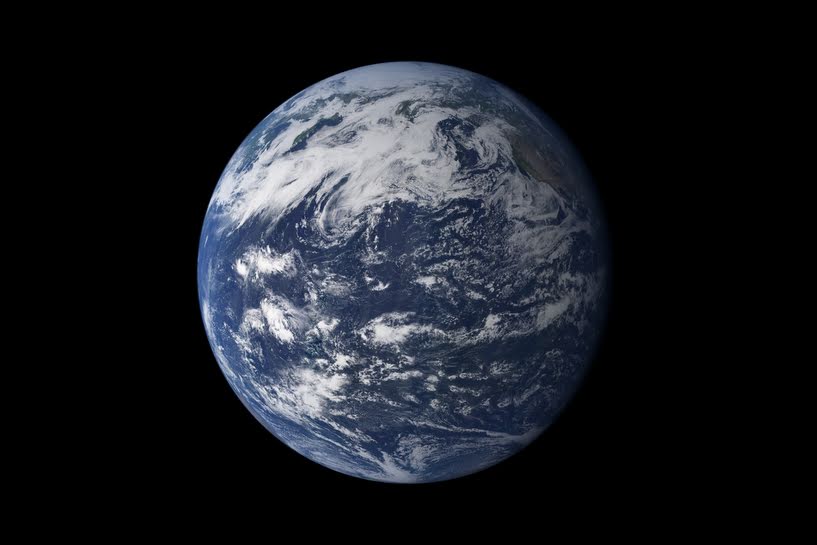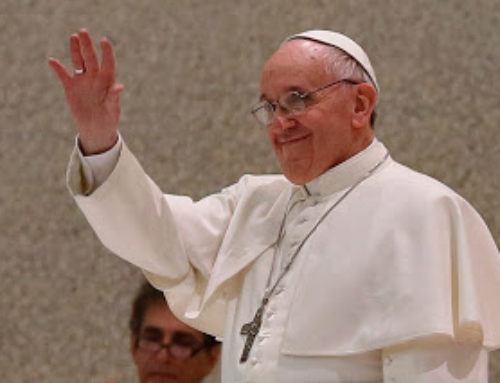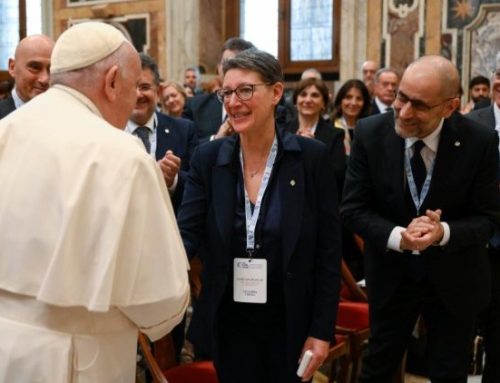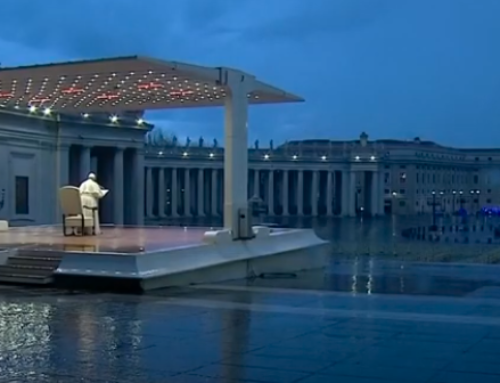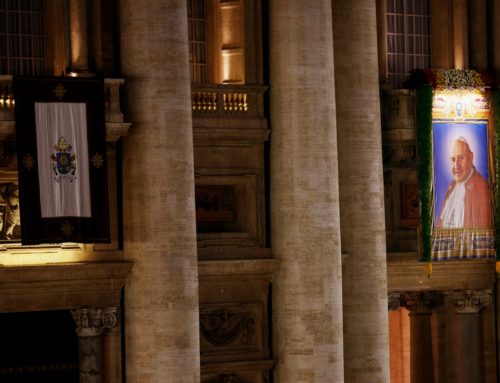Reaction to Pope Francis’s encyclical letter Laudato Si’ (Praised Be), on care for our common home, is anything but “monolithic.”
(By John Burger. Read on our allied Aleteia.org)
The encyclical, dated May 24 (Pentecost Sunday) and released June 18, has 246 paragraphs and six chapters, with themes such as “The human roots of the ecological crisis” and “Integral ecology.” It is giving critics much fodder for commentary and environmentalists much to rejoice about.
Aleteia solicited comment from several experts in academia, think tanks and the mission field. We will be adding to the symposium below as more comments come in.
Greg Erlandson, editor of Our Sunday Visitor
In many ways, Laudato Si’ is quintessential Francis, bringing a global perspective to an issue on which many Catholics, particularly those in the West, tend to look through a more narrowed lens. As such, elements of the encyclical are guaranteed to be challenging regardless of who is reading. The encyclical no doubt will be shrugged off by some for being idealistic, inconsequential or focused on the wrong priorities. But Pope Francis is prophetically calling on us to engage the world and understand our God-given bond with our fellow men and women and all creation.
For both conservatives and liberals, there will be a temptation to either dismiss or exploit the encyclical to serve one’s own agenda. We strongly caution against this and instead encourage Catholics and Catholic parishes to both reflect on it and pray over it. In this way, we do justice to what will surely become one of the Church’s great social texts.
Kishore Jayabalan, director of the Acton Institute in Rome
I welcome the Pope’s attempt to raise our awareness about environmental degradation and how it affects the poor. Anyone who has been to the megacities of the developing world knows that it is a serious problem.
It is unfortunate, however, that market economics, finance and consumption are blamed for it repeatedly in the encyclical. Most of these countries are trying to achieve what the West has and it seems unfair to deny them the same opportunities that we enjoy just because we are now more environmentally sensitive. I think it is possible to be environmentally aware and want to help the poor, but sometimes there are trade-offs and hard decisions have to be made. Helping human beings who lack food, water and shelter would seem to take priority over our concern for other creatures but sometimes we treat our pets better than other people.
After hearing the Pope say he thought the first draft of the encyclical was too long and too technical, I was surprised by the length and the technical detail it contains. It’s almost 200 pages long and not an quick read. And who knew that the Pope would have an opinion about carbon trading permits and air-conditioning?
The market economy really comes under attack in the encyclical. Financial speculation, over-consumption, economic interests, the profit motive—all these are seen as causing environmental degradation. And when the Pope refers to “countries which are more powerful and pollute the most” in n. 106, he certainly seems to have the United States in mind, so it’s particularly American-style capitalism that’s to blame. It’s hard to avoid the impression that the Pope has singled out the U.S. for criticism but I doubt that most Americans will hold it against him. Everyone wants to be with the Pope, even if they don’t agree with what he says. There’s something mystical about the office.
Dr. Samuel Gregg, research director at the Acton Institute
The encyclical makes a number of profound points about the relationship between the moral ecology and the natural law which God has endowed man and the way we think about the natural environment. This is central to the way in which Pope Francis underscores the way in which some people who purport to care about the natural world have a cavalier view of unborn human life. That will not please some people in the environmental movement, nor will the Pope’s critique of those who see population growth as a threat to the environment.
(…)

